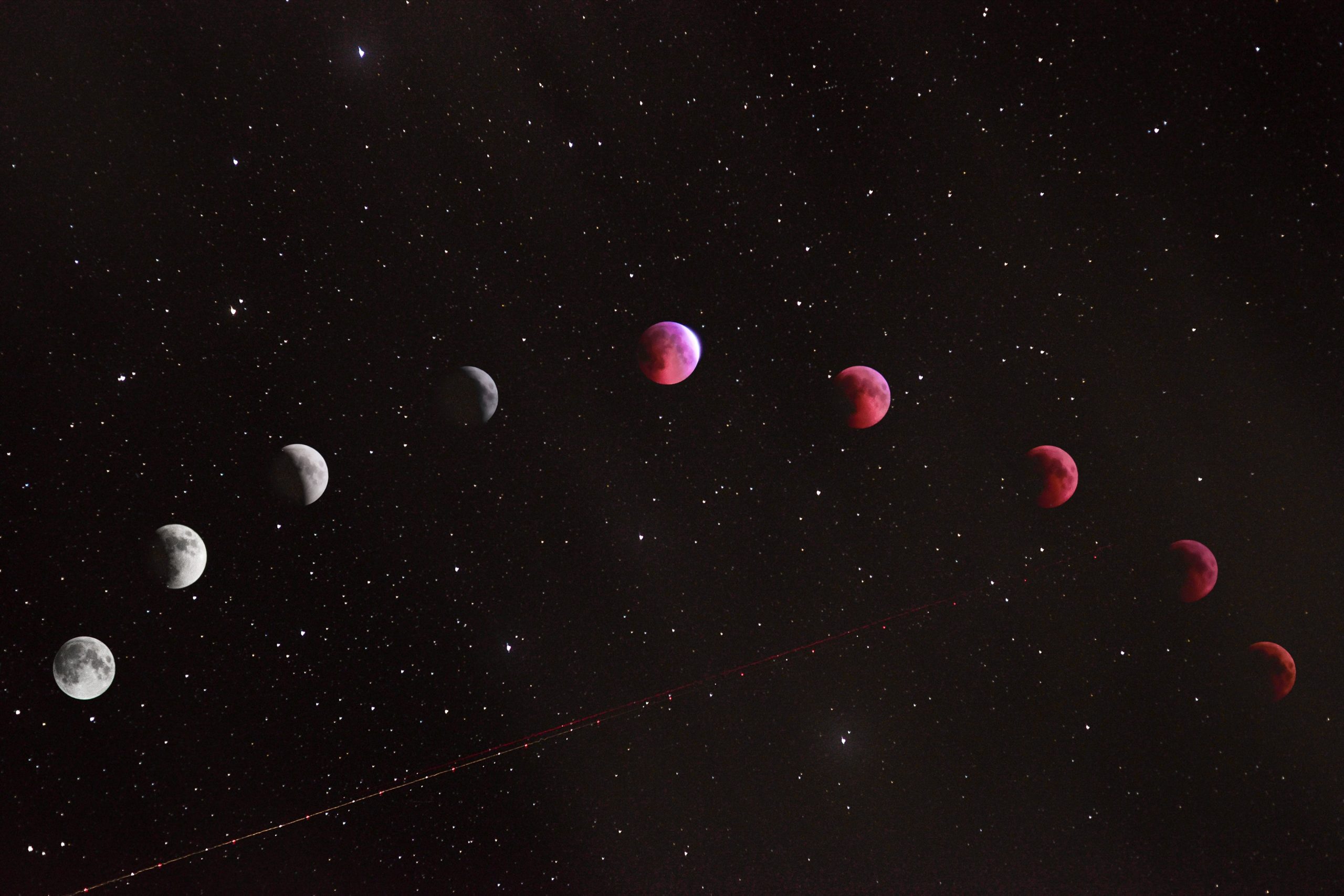Are Birth Chart Readings Accurate?
Birth chart readings, also known as astrology or horoscope readings, have been a topic of interest and controversy for centuries. Some people swear by them, claiming they provide accurate insights into an individual’s personality, strengths, and challenges. Others dismiss them as mere pseudoscience, lacking any scientific evidence or basis.
In this article, we will explore the subject of birth chart readings and delve into the question: are birth chart readings accurate?
Understanding Birth Chart Readings
Before diving into the accuracy of birth chart readings, it’s essential to understand what they are and how they work. A birth chart is a map of the celestial bodies at the exact moment of a person’s birth. It includes the positions of the sun, moon, planets, and other significant astronomical points.
Each planet represents a different aspect of an individual’s personality and life events, such as love, career, and communication. By analyzing the birth chart, astrologers claim to gain insights into someone’s character, their life path, and even their future.
The Skeptic’s Perspective
Many skeptics argue that birth chart readings are nothing more than generalizations and wishful thinking. They claim that astrology lacks scientific evidence and is based on ancient superstitions and beliefs.
Skeptics argue that the descriptions and predictions provided by astrologers are vague and applicable to anyone. They believe that individuals connect with birth chart readings because they interpret them through their personal experiences and desires, rather than any inherent accuracy within the readings themselves.
Furthermore, critics point out that astrology fails to account for factors such as cultural differences, upbringing, education, and personal growth. They argue that these variables have a much stronger influence on an individual’s personality and life events than the positions of celestial bodies at the time of birth.
The Believer’s Perspective
On the other hand, many people firmly believe in the accuracy and efficacy of birth chart readings. They argue that astrology is an ancient practice that has been guiding individuals for thousands of years and should not be dismissed without consideration.
Believers claim that birth chart readings provide valuable insights about an individual’s strengths, weaknesses, and potential life paths. They argue that astrological charts can accurately describe important characteristics and tendencies that resonate with a person’s experiences and personal development.
Furthermore, advocates of astrology argue that birth chart readings offer guidance and comfort, even if they are not entirely accurate in a scientific sense. They believe that astrology provides a language and framework for self-reflection and self-improvement, helping individuals understand themselves and their relationships better.
The Role of Confirmation Bias
Confirmation bias plays a significant role in shaping our beliefs regarding birth chart readings. This psychological phenomenon refers to our tendency to interpret and favor information that confirms our preexisting beliefs or desires.
Individuals who believe in astrology are more likely to interpret the information in their birth charts as accurate and meaningful. They may selectively focus on the parts that resonate with them while ignoring or downplaying the elements that do not align with their self-perception.
Skeptics, on the other hand, are more inclined to dismiss birth chart readings as inaccurate and irrelevant. They may approach the information with a critical mindset, actively searching for flaws or inconsistencies to further validate their skepticism.
The Scientific Perspective
From a scientific standpoint, birth chart readings lack concrete evidence supporting their accuracy. The methods used by astrologers and the assumptions they make are not replicable or measurable under controlled scientific conditions.
Astrology does not align with the principles of the scientific method, which requires hypothesis testing, controlled experiments, and objective measurements. As a result, astrology is often classified as a pseudoscience – a belief or process mistakenly regarded as scientific.
Scientists argue that any perceived accuracy in birth chart readings can be attributed to coincidence, subjective interpretation, or self-fulfilling prophecies. They believe that astrology’s popularity stems from its narrative appeal and the human desire to make sense of the world and our place in it.
Final Thoughts
While birth chart readings have their fair share of supporters and skeptics, it ultimately boils down to personal beliefs and experiences. Astrology can provide comfort, guidance, and self-reflection for those who believe in it, regardless of its scientific legitimacy.
While there is no conclusive evidence supporting the accuracy of birth chart readings, it’s essential to approach astrology with an open mind and a healthy dose of skepticism. Whether you consider it a confidant companion or an entertaining diversion, birth chart readings can offer insights and perspectives that may be worth exploring.
In the end, the accuracy of birth chart readings is subjective and relies heavily on an individual’s personal interpretation and experience. It’s up to each person to decide whether astrology holds any truth or worth in their own lives.
Table of Contents
